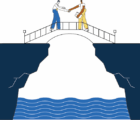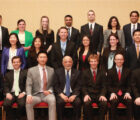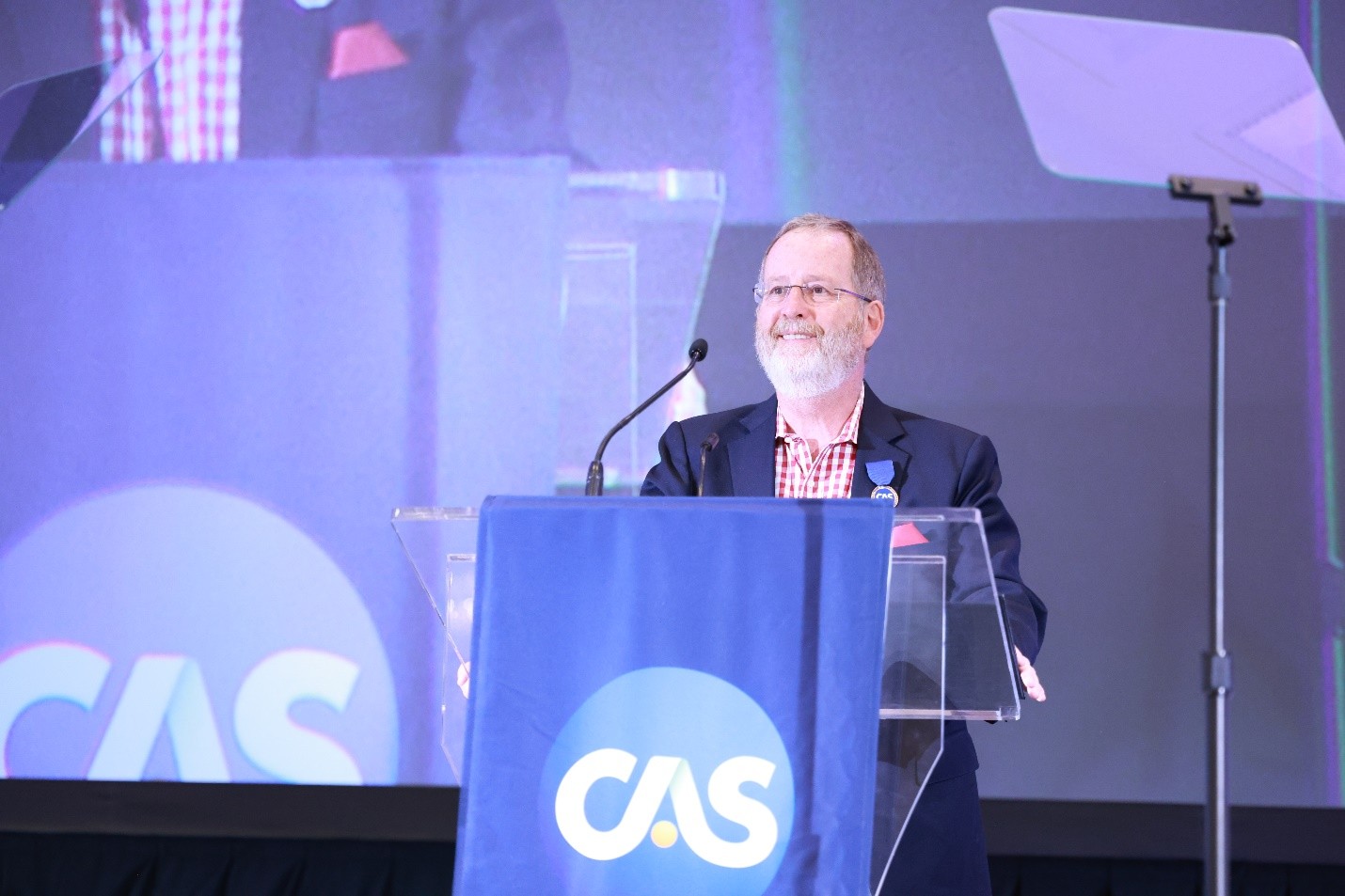I am writing this piece in lieu of watching the second presidential debate. I started to watch it but got so frustrated, I elected not to continue. (Pun intended.) By not watching, I am not saying we should be uninformed about the issues or the candidates; I just got exasperated with that forum.
The moderators did not ask the candidates how they would perform the duties of the office, which is to execute the laws on the books. In turn, the candidates skirted the moderators’ questions and answered a different question entirely.
It got me wondering: How many times have I acted similarly?
 How many times have I asked a wrong or inappropriate question? How many times did I clothe an indictment in the form of a question? How many times did I ask a question, not to be informed, but to embarrass the recipient of the query? Words are tools, and how often have I used them as weapons?
How many times have I asked a wrong or inappropriate question? How many times did I clothe an indictment in the form of a question? How many times did I ask a question, not to be informed, but to embarrass the recipient of the query? Words are tools, and how often have I used them as weapons?
These were unsettling thoughts, to say the least.
But I wasn’t always on the asking side of the dialogue. I thought of the times I was asked difficult questions, and I thought of my responses.
How many times had I not answered the question that was asked, but instead answered the question I had hoped was asked or thought was asked or thought should have been asked? How many times did I simply miss the intent of the question? How often did I explain in too much detail or not enough? And how many times have I asked questions that were not appropriate for the work product being discussed?
Words are tools, and how often have I used them as weapons?
These were unsettling thoughts, to say the least.
I was reminded of a column I had written earlier this year, “Slow Down to Speed Up” (Actuarial Review, January-February 2016), and I realized that I need to slow down my responses. I need to slow down when asking and when answering.
As for answering, I first thought of “count to ten before you respond.” That doesn’t work for me. By the time I get to seven, I have forgotten the question. I need something else.
I recalled a little trick I picked up from taking the actuarial exams: Read every question twice before you answer it. So I decided to repeat the question in my mind before responding. In doing so, I might need clarification or might need a little time to think before answering. I think I am going to try that tactic for a while.
Asking questions will involve a bit more “pre-thought.” I need to think about why I am asking the question first and then decide whether to continue.
And sometimes it might just be better to not ask a question in the first place; other times I might be better off by simply not answering at all.












